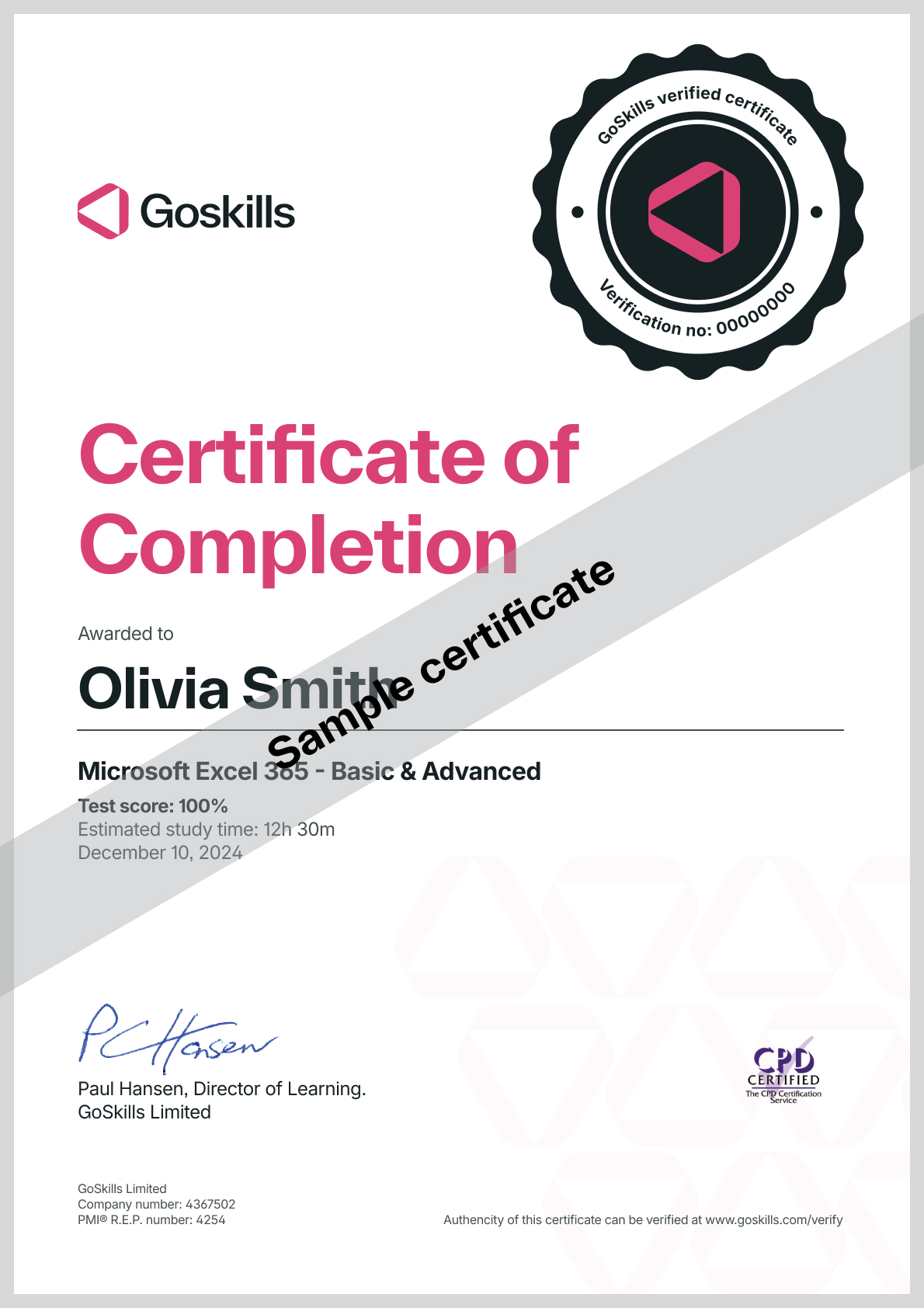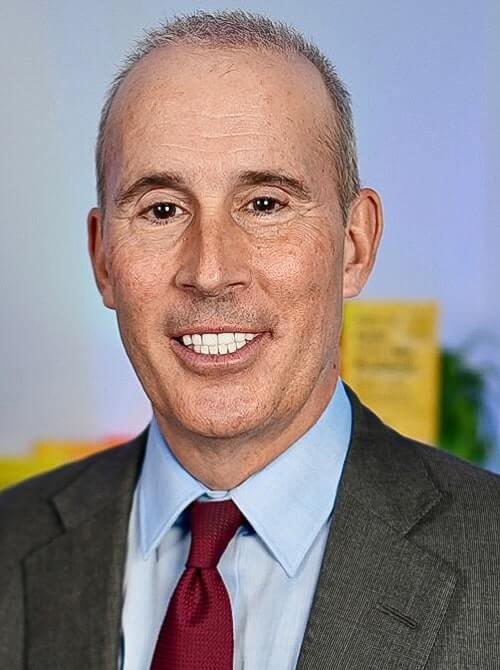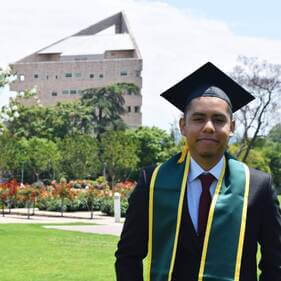Body Language Course | Online Training | GoSkills
Body Language
Skills you’ll gain
Do you want to come across as confident and self assured in business situations? This body language course is suitable for anyone who wants to learn how to appear poised and relaxed while meeting with clients, attending an event or interacting with customers and colleagues.
In 20 engaging video tutorials you will learn candid advice and tips on using body language to communicate effectively in meetings and networking situations, best practices for delivering a speech and media interview, how to avoid the common misconceptions people have about body language, and more.
Being able to communicate clearly is an indispensable skill in any industry or walk of life. This body language course online will help you overcome your nerves, polish your public persona and impress your clients and colleagues!
Once enrolled, our friendly support team and tutors are here to help with any course related inquiries.
Syllabus
Download syllabus-
1
Eliminate the #1 Source of Bad Business Body Language Learn how to identify and eliminate the main cause of bad body language. 5m
-
2
Learn from the Masters of Body Language Study the body language of great speakers to increase your awareness of how to effectively move and communicate. 2m
-
3
Results from Your Homework Review your notes from observing the body language of great speakers. Notice how much and what kind of movement is present, and what aspects of their body language you liked or disliked. 3m
-
4
#1 Tip on Improving Your Body Language Confidence Improve your body language confidence by practicing for meetings, presentations or interviews on video. 4m
-
5
Avoid Misdiagnosing Your Body Language Learn which areas people often misdiagnose their body language as being wrong when they are actually doing well. 6m
-
1
Make Sure Your Clothes Send the Right Message Learn why it is important to dress appropriately for your working environment or business event. 6m
-
2
Make Sure Your Hairstyle Works for You Like clothing, your hairstyle can also send a message. Learn some practical tips on having a hairstyle that is suited to your working environment. 6m
-
3
Coloring Your Hair Practical advice on coloring your hair for the workplace. 6m
-
4
The Eyes Have It Eye contact is a critical part of body language. Learn best practices for eye contact to build trust in business situations. 3m
-
1
Meeting People in Person How to make a great first impression through body language when meeting people in person. 2m
-
2
Body Language for a Seated Meeting How to best present yourself at a seated meeting to appear confident and relaxed. 4m
-
3
Networking Without Self-Consciousness How to meet people and make business connections while appearing comfortable and approachable. 5m
-
1
Movement is Key to Public Speaking Success Learn how to incorporate movement to look natural while speaking in public. 3m
-
2
Move Your Hands When You Speak Learn how to use your hands naturally when you speak, and avoid bad practices. 6m
-
3
Advanced Body Language Tips for Public Speaking Advanced body language tips for public speaking to make you really look like a pro. 9m
-
4
Body Language for TV Interviews Tips for looking and sounding your best in television interviews. 9m
-
1
Become Fluent in the Body Language of Business How to continuously improve your body language in business situations. 4m
Certificate
Certificate of Completion
Awarded upon successful completion of the course.

Instructor
TJ Walker
TJ Walker has been conducting media training workshops and seminars since 1984. Walker has trained Presidents of countries, Prime Ministers, Nobel Peace Prize winners, Super Bowl winners, U.S. Senators, Miss Universes and Members of Parliament.
His book, "Secret to Foolproof Presentations" was a USA Today #1 Bestseller, as well as a Wall Street Journal and Business Week Bestseller. Walker is a also a regular contributor to Forbes and the Reuters Insider Network and has written for the Huffington Post.

TJ Walker
Public Speaking Trainer and Author
Accreditations
Link to awardsHow GoSkills helped Chris
I got the promotion largely because of the skills I could develop, thanks to the GoSkills courses I took. I set aside at least 30 minutes daily to invest in myself and my professional growth. Seeing how much this has helped me become a more efficient employee is a big motivation.


